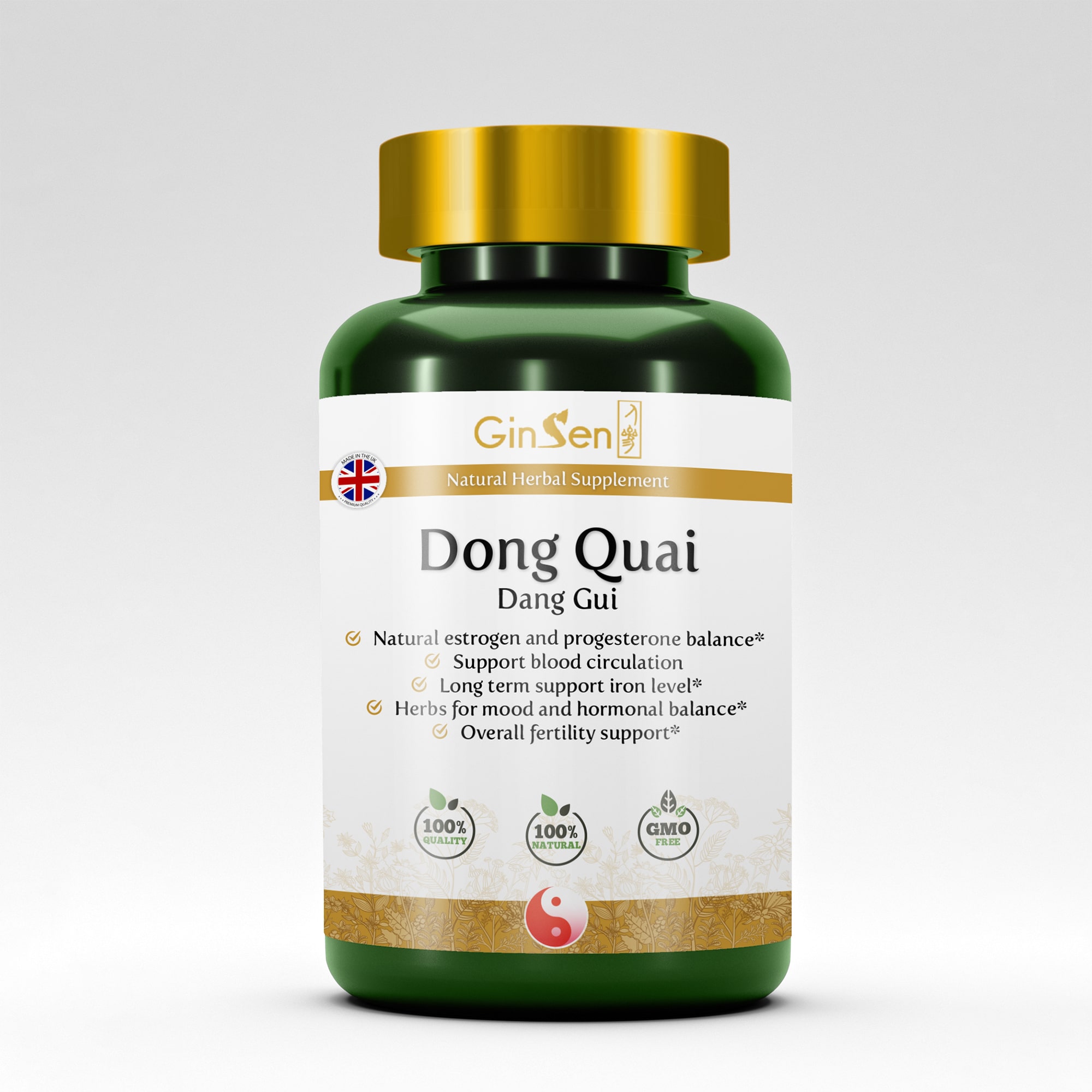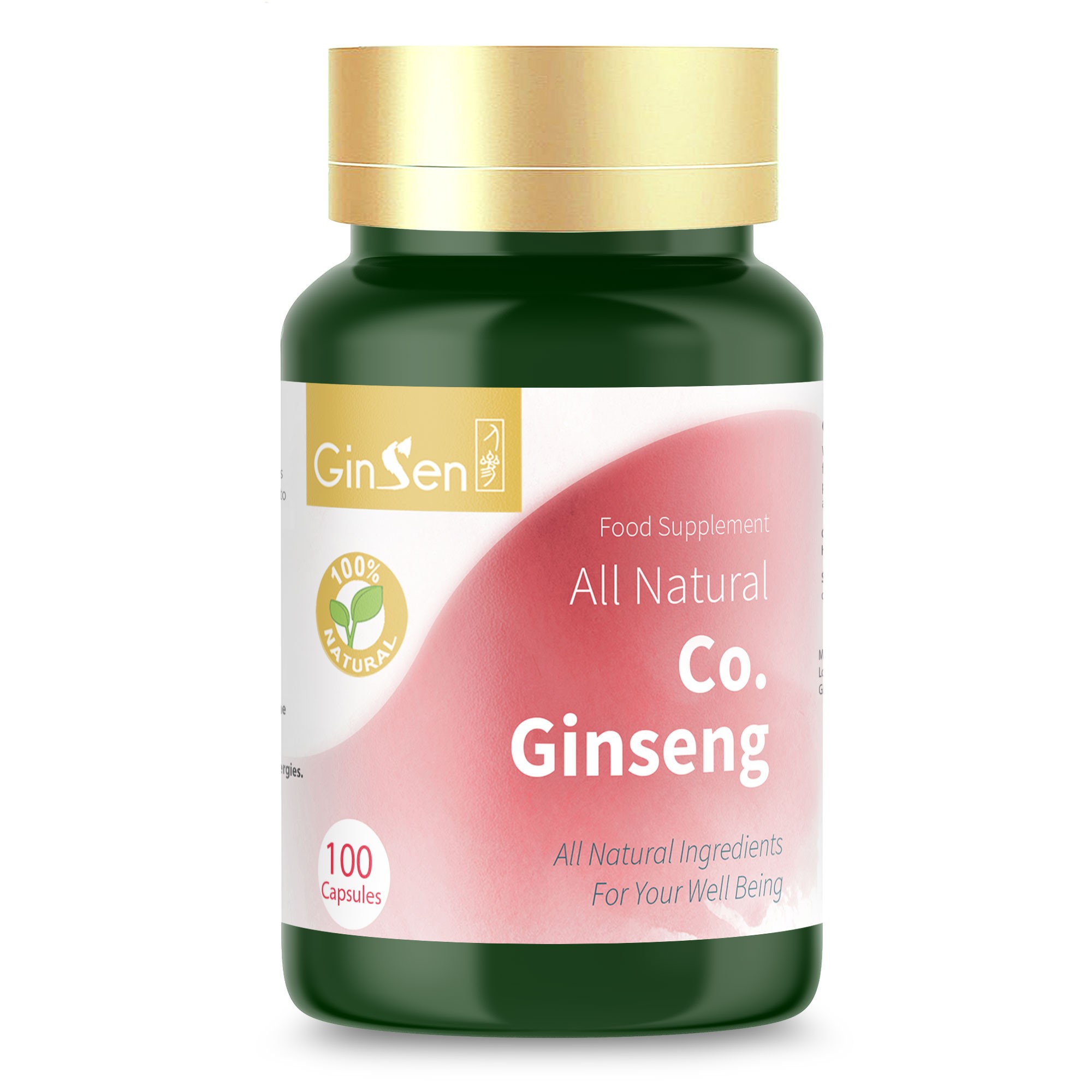
Hypothyroidism Infertility Treatment: How Chinese Medicine Can Help
The thyroid gland, which is located at the base of the neck, releases vital hormones that interact with just about all of the cells of the human body. According to a research published in the Journal of Applied and Basic Medical Research in 2012, 2 to 4% of women of reproductive age had low thyroid hormone levels. This indicates that many women are impacted by hypothyroidism and infertility. To learn more about how Traditional Chinese Medicine (TCM) can help with hypothyroidism and infertility, read on.
Hypothyroidism and Infertility In Traditional Chinese Medicine
In TCM, any type of disorder in the body is the result of an internal imbalance. Hypothyroidism is an indication of an imbalance between Yin and Yang, it’s due to the chronic deficiency of one or more of body’s vital substances : Qi, Blood and Essence.
Yang Deficiency is a typical root cause for hypothyroid. When Yang is deficient, it can cause Spleen Yang Deficiency. Your body’s capacity to produce Qi and maintain digestive strength are both severely restricted by Spleen Yang Deficiency.
According to TCM theory, Spleen Qi deficiency results results in weak Qi and Blood production. Healthy fertility is built on Qi and Blood it related to menstrual cycle, the state of the uterus and endometrium, and getting ready for pregnancy.
Kidney essence will also be depleted when the spleen’s yang is inadequate. In Chinese Medicine, “Kidney Essence” is the foundation of fertility. The Kidney stores the Reproductive Essence. This can affect:
- Egg growth
- Fertilization
- Nourishment of the uterus
- Implantation of a fertilized egg
When Deficiency of Spleen, Qi and Yang are present, you may also experience symptoms such as:
- Fatigue and weakness
- Weight gain or difficulty losing weight
- Cold intolerance
- Constipation
- Dry skin and hair
- Muscle and joint pain
- Increased sensitivity to cold
- Irregular or heavy menstrual periods
Hypothyroidism and Infertility – How does Hypothyroidism affect fertility?
The thyroid gland is crucial for regulating our energy levels, body temperature, and metabolic rate. Your metabolic rate and the functioning of your body’s systems might slow down if your thyroid gland is unable to generate enough thyroid hormone. Hypothyroidism occurs when the body is unable to create enough thyroid hormone (underachieve thyroid), and it has a substantial negative impact on a the body including fertility.
Hormones released by the thyroid help in the regulation of body’s metabolism and hormone levels, and when it is not functioning properly, it can lead to hormonal imbalances that affect can fertility. Because the thyroid affects many different functions in the body, there are many ways in which it can lead to infertility. These include:
Autoimmune disease
The most common cause of hypothyroidism in women of reproductive age is Hashimoto’s thyroiditis, an autoimmune disease that worsens with age. When the immune system isn’t working properly, the thyroid gland is attacked and its delicate tissues are destroyed, making the gland inactive and unable to generate enough hormones.
Menstruation and Ovulation Issues
Several parts of menstruation and ovulation can be impacted by hypothyroidism and low thyroid hormone levels. As hypothyroidism can cause menstrual irregularities, which can make it difficult to predict ovulation and conceive.
It can also lead to anovulation (lack of ovulation) and reduce the production of cervical mucus, which can make it difficult for sperm to reach and fertilize an egg.
High levels of prolactin are caused by low levels of thyroxine, often known as T4, or by excessive thyroid-releasing hormone (TRH). Due to this, it may be difficult to conceive or the egg may not release normally during ovulation.
Other complications
If the thyroid gland is not making adequate amounts of needed hormones and is left during pregnancy can increase the risk of miscarriage, preterm birth, and other complications.
It’s important to note that not all individuals with hypothyroidism will experience all of these symptoms, and some individuals may not experience any symptoms at all. So it is very important to speak to a certified professional and not self diagnose. At GinSen we offer free personalised consultation.

Imbalanced Thyroid’s Effect On Pregnancy
Being healthy before pregnancy can help improve your chances of getting pregnant. It also can help prevent pregnancy complications when you do get pregnant, which is why it is important to address any underlying issues you may be aware of pre pregnancy.
Pre-Pregnancy: Thyroid issues may arise before or after pregnancy. Prior to pregnancy, improving kidney, spleen and Qi may prevent Thyrorid function imbalance caused ovulation or even cause the release of irregular eggs. Someone women may find that the second half of their menstrual cycle is shortened as a result. This can lead to difficulty becoming pregnant as hypothyroidism and infertility are often related.
Post-Pregnancy: Developing thyroid disease – postpartum thyroiditis after pregnancy, especially in women with autoimmune issues, is fairly common. Usually, women will experience a stage of hyperthyroidism accompanied by a water retention, low Qi, and trouble sleeping. This will then slow down as hypothyroid symptoms eventually make their return. During this state, new moms may feel cold and achy while also dealing with dry skin and brain fog.
There are a range of natural Chinese medicine treatment that can help you manage this pre pregnancy or post.
Hypothyroidism Infertility Treatment
Practitioners of TCM have a number of treatment options that will help to restore balance by resolving deficiencies related to Hypothyroidism and Infertility. They include:
- Acupuncture:
Acupuncture is a traditional method that involves inserting thin needles into specific points on the body. It is used to stimulate acupuncture points on specific meridian points to restore balance to these organs and facilitate proper Qi flow throughout the body.
According to Chinese medicine, thyroid conditions are commonly associated with the Spleen, Kidney and Liver meridians. It can help to improve spleen and kidney function, thus blood circulation and nourishment.
Prolonged and intense stress can have detrimental effects on the body and its immune system, leading to the development of autoimmune diseases. Acupuncture can help to reduce stress levels by restoring balance to the nervous system. Acupuncture has been found to increase the release of endorphins, which are responsible for regulating emotional and physical responses in the body.
Acupuncture is safe, effective and can even be performed during pregnancy.
- Chinese medicinal herbs:
A natural option, Chinese medicinal herbs are a safe hypothyroidism infertility treatment for those who are attempting to conceive. Including herbs, such as Huang Qi Blend and Dong Quai, and herbal blends, such Co- Ginseng, Support Kidney Balance, help re balance and correct the deficiencies.
Related: Best Supplements for Thyroid Health

Conclusion
If you are experiencing brain fog, feeling cold, achy, or have dry skin, this may be an indication of an imbalance that is leading to hypothyroidism. When the thyroid is not able to make enough of the body’s required hormones, this can result in infertility.
In TCM, hypothyroidism infertility treatment will involve restoring balance to the body so that the thyroid gland can function properly. This may include multiple acupuncture treatments, the use of Chinese medicinal herbs, or both combined to help the body resolve yang deficiency and restore Qi.
If you have been trying to conceive and are experiencing any of the symptoms that are often associated with poor thyroid function, reach out to a TCM practitioners to discuss natural, drug-free hypothyroidism infertility treatments and how they can help you to conceive.
Recommended Supplements
For more information about how Chinese Medicine can help you with depression, book your free consultation with our Chinese Medicine experts today
* These statements have not been evaluated by the Food and Drug Administration. This information is not intended to diagnose, treat, cure, or prevent any disease. We can’t guarantee the treatment result, as the symptoms of conditions are unpredictable and vary greatly from person to person. The treatment length and recovery time also varies for individual. Please visit our clinics website: GinSen where a specialists will discuss your care and provide a consultation, and the treatment will be designed to meet your individual needs.









